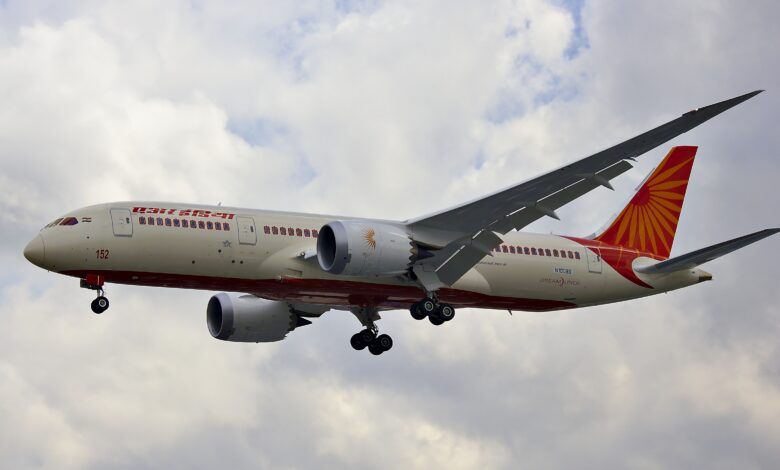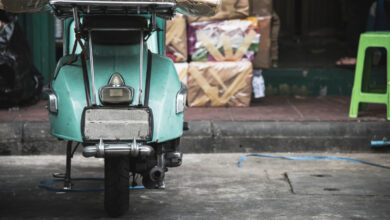Air India’s TaxiBots To Increase Sustainability In The Aviation Sector

Air India’s Commitment to Sustainability in Alignment with Aviation Industry’s Push for Net Zero Carbon Emissions by 2050
As concerns about the sustainability in the aviation sector increase, Air India, a Tata Sons company, has announced the implementation of eco-friendly taxiing using robot tractors, or TaxiBots, at the airports in Delhi and Bengaluru for some of its Airbus A320 family of planes. Over the course of three years, this action is anticipated to reduce fuel usage by roughly 15,000 tonnes.
By switching to TaxiBot operations in the nation, Air India joins other Indian airlines like AirAsia India, Air India Express, and SpiceJet as well as cargo airlines BlueDart and Amazon Prime Air. Israel Aerospace Industries created the TaxiBot and TLD of France produced it. KSU Aviation, a solutions provider, has introduced TaxiBots to Indian airports.
What is a TaxiBot?
The TaxiBot is a semi-robotic towing tractor that is controlled by an airline pilot. When attached to the aircraft, it acts as an extension of the aircraft’s nose landing gear and tows the aircraft close to the takeoff point without running engines. This results in reduced fuel consumption, carbon emissions, noise levels, and costs for airlines.
How Are TaxiBots Eco-Friendly?
The savings from using TaxiBots are significant. One TaxiBot mission is estimated to save 200 kg or 240 liters of Aviation Turbine Fuel, which translates to a cost-saving of ₹23,592 ($316) for an airline for every taxing event, considering the current fuel rate of ₹98.3 per liter, as explained by Ashwani Khanna, founder of KSU Aviation. Additionally, each taxiing operation with a TaxiBot can help save 625 kg of CO2, as 1 kg of ATF results in 3.6 kg of CO2 emissions.
“As a responsible airline, Air India is constantly looking for ways to improve sustainability and manage our carbon footprint,” said Air India CEO Campbell Wilson in a press statement. He added that the collaboration with KSU Aviation would allow them to assess the capabilities of TaxiBots and consider implementing the initiative across Air India’s subsidiaries and other airports.
Currently, KSU Aviation has three TaxiBots, with two deployed in Delhi and one in Bengaluru. Each TaxiBot can carry out 18-20 taxiing missions in a day, and KSU Aviation is planning to add two more tractors to its fleet soon. The company is also in talks with the Airports Authority of India for TaxiBot operations at Chennai and Kolkata airports, and trials with BlueDart’s Boeing 757 have been conducted with certifications from Boeing awaited.
The Bottomline
Air India’s announcement comes at a time when there is a global push for sustainability initiatives in the aviation industry. The International Air Transport Association (IATA), of which Air India, SpiceJet, and IndiGo are members, has pledged to reach a net zero carbon emissions target by 2050. This aligns with the objectives of the Paris Agreement to limit global warming to 1.5°C, and the commitment to the decarbonization of aviation as part of the Long Term Aspirational Goal (LTAG) on climate at the 41st Assembly of the International Civil Aviation Organization (ICAO) in October 2022.




